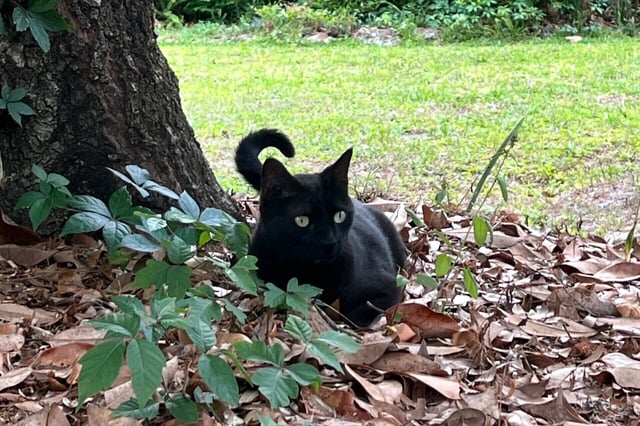Overview
- A pet cat in Florida named Pepper caught an Everglades short-tailed shrew whose tissues yielded a previously unidentified orthoreovirus strain UF-1.
- The complete genome of UF-1 was sequenced and published in the journal Microbiology Letters.
- No human infections have been reported to date and researchers currently assess the immediate risk from UF-1 as low.
- Researchers have initiated serological and immunological studies to determine the virus’s prevalence and potential to infect humans and pets.
- The discovery highlights the value of passive surveillance by free-roaming cats in detecting emerging viruses at the suburban–wildlife interface.

